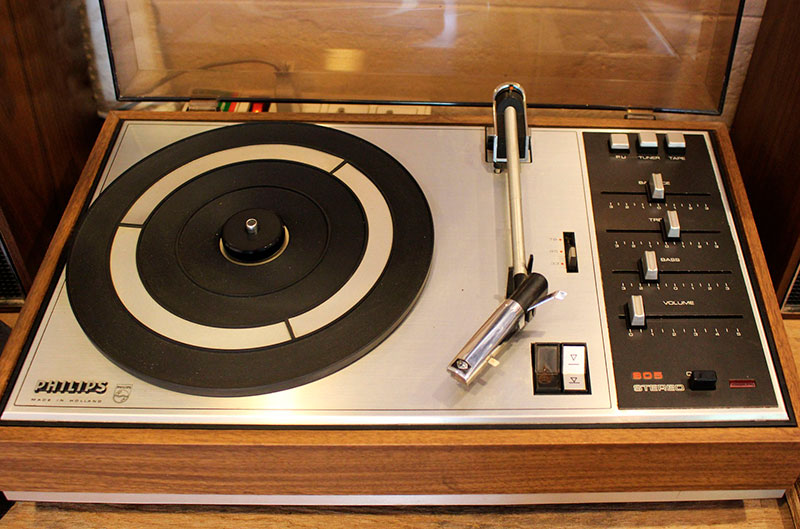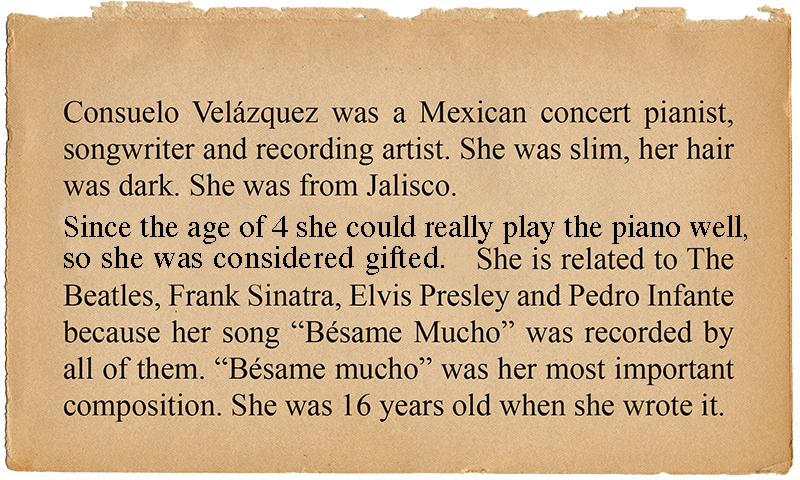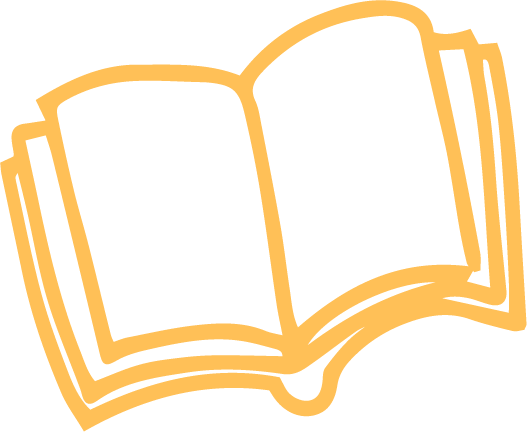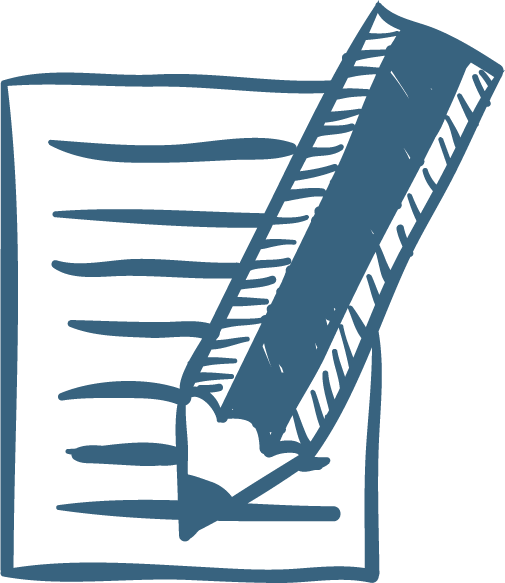
Moriarty, D. (2017). Tocadisco [photo]. Taken from https://goo.gl/xzX0Ua

Aust, H. (2016). Ipod [photo]. Taken from https://goo.gl/crHAf8
Do you know the name of this object?
Was there one in your parents’ house when they were young?
Do you think nowadays we have better gadgets to listen to music?
Is today’s music better than music in the past?
In this section, we will learn to describe people and objects in the past using the Verb to Be in past form. We will study the necessary information about it.
Think for a moment about the answers to the following questions.
How old were you last year?
Where were you yesterday evening?
What was the weather like yesterday?
To answer this type of questions, we need to use the verb to Be in the past.
In this section, you will become familiar with the use of the verb to Be in the past (Was/Were). In the first part, you will read about a Mexican idol and identify specific information in a multiple choice exercise. To understand verb to Be in the past in context, you will enjoy a video about an extremely famous rock band and answer a “True/False” exercise.
Next, you will take a look at a music festival program to describe where your favourite singers were. This will help you write sentences describing their location in the past using WAS or WERE. Finally, you will remember a memorable concert describing that specific day in the past. Enjoy this trip to the past using Was and Were.
By the end of this topic, you will:
Use verb to Be in the past (Was/Were) in affirmative, negative and interrogative form to describe conditions and situations that were true at a specific time in the past. You will achieve these using people and places in the world of music.
Content
Are you familiar with this song?
Each time I cling to your kiss
I hear music divine, so ……
Love me forever and say
you will always be mine
It is the English version of the famous song “Bésame Mucho.”
Do you know who these people are?
But, what is the relationship among all these people?
Let’s find out!!

Notice in the paragraph above, we are describing a person, her nationality, her origin, her age when she wrote the song, her profession and additional information about her using was. This is the past tense of the verb to Be.
As mentioned above, we sometimes use were, others we use was, it all depends on the subject. In the following explanation, you will learn how to use each one

Using the verb to Be in the past, we can make affirmative, negative and interrogative sentences to ask for or give information. Now, we are going to explore the general characteristics of the three forms:
| Subjet | + | Was / Were | + | Complement |
| I | was | |||
| You | were | |||
| He | was | |||
| She | was | Mexican | ||
| It | was | |||
| We | were | |||
| You | were | |||
| They | were |
| Subjet | + | Was / Were not Wasn´t / Weren´t |
+ | Complement |
| I | wasn´t | |||
| You | weren´t | |||
| He | wasn´t | |||
| She | wasn´t | at the concert yesterday |
||
| It | wasn´t | |||
| We | weren´t | |||
| You | weren´t | |||
| They | weren´t |
| Was / Were | + | Subjet | + | Complement |
| Was | I | chubby when I was a kid? | ||
| Yes, you were | ||||
| Where | you | at home last night? | ||
| No, I wasn´t | ||||
| Was | he | at school this morning? | ||
| Yes, he was | ||||
| Was | it | hot last summer? | ||
| Yes, it was | ||||
| Were | we | at a party last sunday? | ||
| Yes, we were | ||||
| Were | you | hungry? | ||
| No, they weren’t |
| Question word | + | Was / Were | + | Subjet | + | Complement | + | ? |
| Where | was | she | born | ? | ||||
| How old | was | he | when he died | ? | ||||
| Were | were | you | last night | ? | ||||
| What | was | her | most famous song | ? |
Notice, Was and Were are used to express the same concepts as the verb to Be in the present. That is they are used to talk about someone's past information: Origin, Name, Profession, Age, Description, Location, Birthplace, Birthdate, and Possession.
We need to recycle some vocabulary in order to express conditions in the past. Study this chart:
| Vocabulary | Example |
| Place | Michael Jackson was at school in 1960. |
| Adjective | John Lennon and Paul MC Cartney were shorter when they were 5 years old. |
| Origin | Elvis Presley was from the USA. |
| Nationality | Consuelo Velázquez was Mexican. |
| Profession | Jorge Negrete was an actor and an opera singer. |
What vocabulary do we need?
Nationalities Countries Numbers
Adjectives Location Professions
And time expressions in the past such as:
Now it’s time for you to do the following activities.
If you have any questions you can go back to the previous section to check any aspect explained there.

Activity 1
In the musical history of every country, there are always representative characters who are significant in time and place. Similarly to The Beatles who left an important legacy for their and future generations, there have been people such as Pedro Infante who were significant in our country. Who hasn’t seen any of his movies? Who hasn’t sung any of his songs?
In this activity, we will explore a bit about his life. After reading “Pedro Infante’s life,” based on the text click on the correct option. When you finish, check your score.

Activity 2
For sure you know who The Beatles are!
Let’s watch a video describing their lives.

Activity 3
Music plays a significant role in our lives. Yesterday, Juan and his friends were at a music festival, where a lot of his favourite singers participated.
After checking the location and time for each presentation on the concert calendar, write 10 sentences using Was/Were.
You can ask Wh (for example Where) or Yes/No questions. You will also have to answer some questions too.

Trillet, T. (2016). Concert [photo]. Taken from https://goo.gl/rZ63Je

Remember to study the rubrics before doing this exercise and make sure your sentences have the necessary elements.
| Music band or singer |
5:00 pm | 8:00 pm |
| Katy Perry | At the Golden stage | At the VIP marquee |
| Bruno Mars | At the Main stage | At the Silver stage |
| Coldplay | At the VIP marquee | At the Red marquee |
| Maroon 5 | At the Silver stage | At the Blue marquee |
| Taylor Swiff | At the Blue marquee | At the Green stage |
| Christina Perri | At the Movable marquee | At the Golden stage |
| Rihanna | At the Green stage | At the Main stage |
| Passenger | At the Red marquee | At the Movable marquee |

Activity 4

PEXEL. (s.f.). Concert [photo]. Taken from https://goo.gl/wBJlOR
How much do you like music?
What kind of music do you like?
Have you ever been to a concert?
Which is the most memorable concert you have been to?
Where was it?
What was the weather like?
How was the atmosphere?
Was the music good?
Were the people excited?
Think about where the concert took place such as the weather, the atmosphere, the singers, your feelings and sensations that special day. Do not think about actions, just think about describing it using Was/Were.
Tell us about your experience, by answering the following questions. You will record the questions and the answers. Try to use as many adjectives as you can.
1. When was the concert?
2. Where was it?
3. Who were you with?
4. Describe the stage.
5. What was the weather like that day or night?
6. Describe the atmosphere.
7. Was the concert expensive?
8. How did you feel during the concert? Were you happy, excited, sad, satisfied, angry, bored?
9. How did you feel when the concert finished?
Before recording make sure that your questions and answers have the characteristics described in the rubrics.
Example

Helen spent last weekend in Mexico. To ask her about her trip, write questions using WAS or WERE.
Helen and John remember their first house when they got married. John remembers something, but Helen remembers it in more detail. Read what John said, then use a word from the ones provided to write what Helen said.
• Murphy, R. (1997). Essential grammar in use: A self-study reference and practice book for elementary students of English: with answers. Cambridge, U.K: Cambridge University Press.
• Oxenden, C. Latham-Koenig, C. (2013). American English File 1. Oxford, U.K. Oxford University Press.
• Wikipedia (2017). Pedro Infante [electronic publication]. Retrieved on April 18th, 2017 from https://es.wikipedia.org/wiki/Pedro_Infante
• Biografías y Vidas (2017) Pedro Infante [electronic publication]. Retrieved on April 18th, 2017 from https://www.biografiasyvidas.com/biografia/i/infante_pedro.htm
• Coe, N., Harrison, M. & Patrson, K. (2006). Oxford Practice Grammar. Oxford, U.K: Oxford University Press.
• English Media http://www.cuaed.unam.mx/english_media/